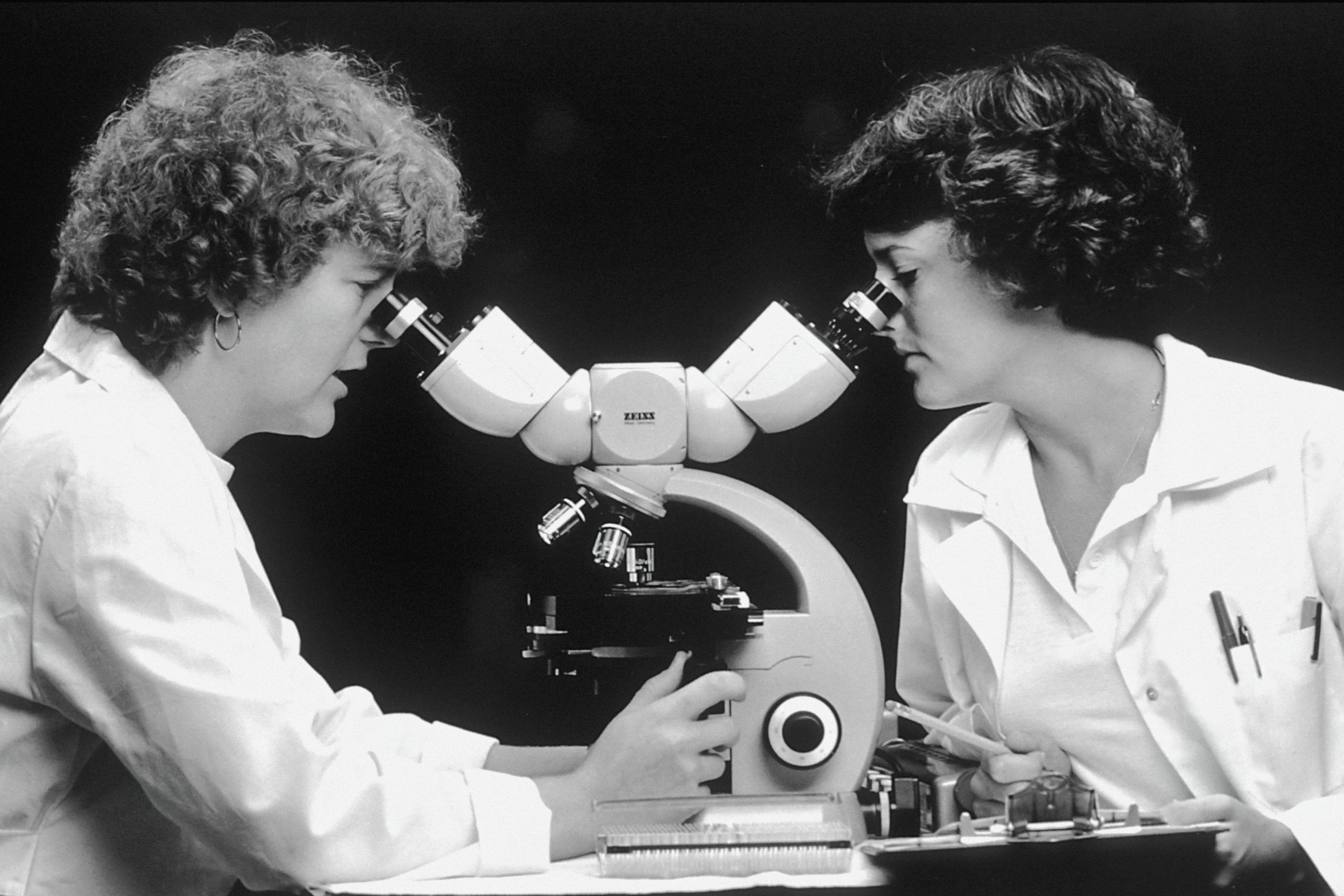From a transhumanist perspective, immortality could potentially solve many of the problems in present day society. However, before delving into this idea, the underlying ethical implications of technologies directed at altering the ageing process by way of slowing, preventing, reversing or even escaping the ageing process, need to be explained in further detail. There is no doubt that immortality would come with some challenges that have not been previously experienced in our society as it is not built on the premise that humans can live forever. Could there, nevertheless, be any positive side effects that can be considered “ethical”?
Blaming the Aging Process
Overcoming the aging process, and aging per se, is indeed one of the most important transhumanist goals, as stated in the current Transhumanist Declaration: “We envision the possibility of broadening human potential by overcoming aging”. The attainment of immortality would bring solutions to an array of problems, as life extension would mean providing the necessary time to adequately address these in the first place. In order to radically extend the human lifespan, or perhaps even to make humans immortal, there are various possibilities: on the one hand, genetics is seen as a field that can bring useful insights, and on the other hand, cryonics and nanotechnology (also in combined form) pose interesting prospects for life-extension.
Cryonics as a Transitional Strategy
From a transhumanist perspective, cryonics is seen as a kind of transitional strategy to enable immortality at some point in the future – even though immortalization techniques and successful disease therapies are not yet available. The underlying assumption is that in the future, science will be so advanced that thawing deep-frozen humans and reversing the damage caused by the freezing process will be possible. Cryonics involves preserving people that are pronounced legally dead by freezing the body at -196 degrees celsius in liquid nitrogen, only to be thawed at a later date when science and technology make it possible. Thus, freezing is a means of preventing the irreversible death of a living being, although the question of irreversibility of death is contingent upon these scientific and technological breakthroughs.
Aging - the Scapegoat
Although aging is not recognized as a disorder, the addition of the extension code for ‘Ageing-related’ (XT9T) diseases into the ICD-11, enables it to be treated as a disease risk factor and, thus, treatable by medicine. By labeling the aging of the body itself as a kind of disorder requiring correction, the human mortal condition becomes a target of medical intervention – virtually as if death were in fact something similar to a specific fatal disease that can be prevented if necessary. Indeed, many diseases are linked to the aging process of the human body. This means that their incidence accumulates with every year of life in every living creature.
Our societies – and in particular western societies – are already confronted with demographic change and an increasingly aging population with chronic multimorbid diseases such as diabetes, cardiovascular diseases, cancer, and other chronic diseases like Alzheimer’s. The older the person, the higher the probability of becoming ill and needing special treatment. This places a burden on the individuals themselves, their families and their environment, as well as the society in which they live. From this perspective, therefore, stopping or reversing the aging process would probably be the best (and most utopian) option for a better life for all of us.
The Benefits of Stopping Aging
If the aging process can be stopped or even reversed, all of these above-mentioned diseases could perhaps be avoided and the burden on societies and healthcare systems could be drastically reduced. If all that attention and money no longer needs to be invested in the treatment of illnesses or cost-intensive long-term care, it could be used to finance other projects. It could, for instance, be invested in creating better chances for everyone and maybe even make social inequalities eventually become a thing of the past. That may sound utopian – and it certainly is – nevertheless, it is no less utopian than the idea and hope that progress in science and technology will one day be able to halt the aging process.
However, it remains to be determined what further implications a never-ending lifespan could have. What about the critical questions regarding overpopulation? Would we then need a new planet to live on? Do we really want to be immortal and stay young forever, or will that become monotonous at some point? Would we have to find a new way of dying in order to make room for other generations? In any case, all these questions will have a decisive influence on the philosophy and ethics of the future. Above all, the concept of solidarity will certainly be challenged by the answers to these questions.














